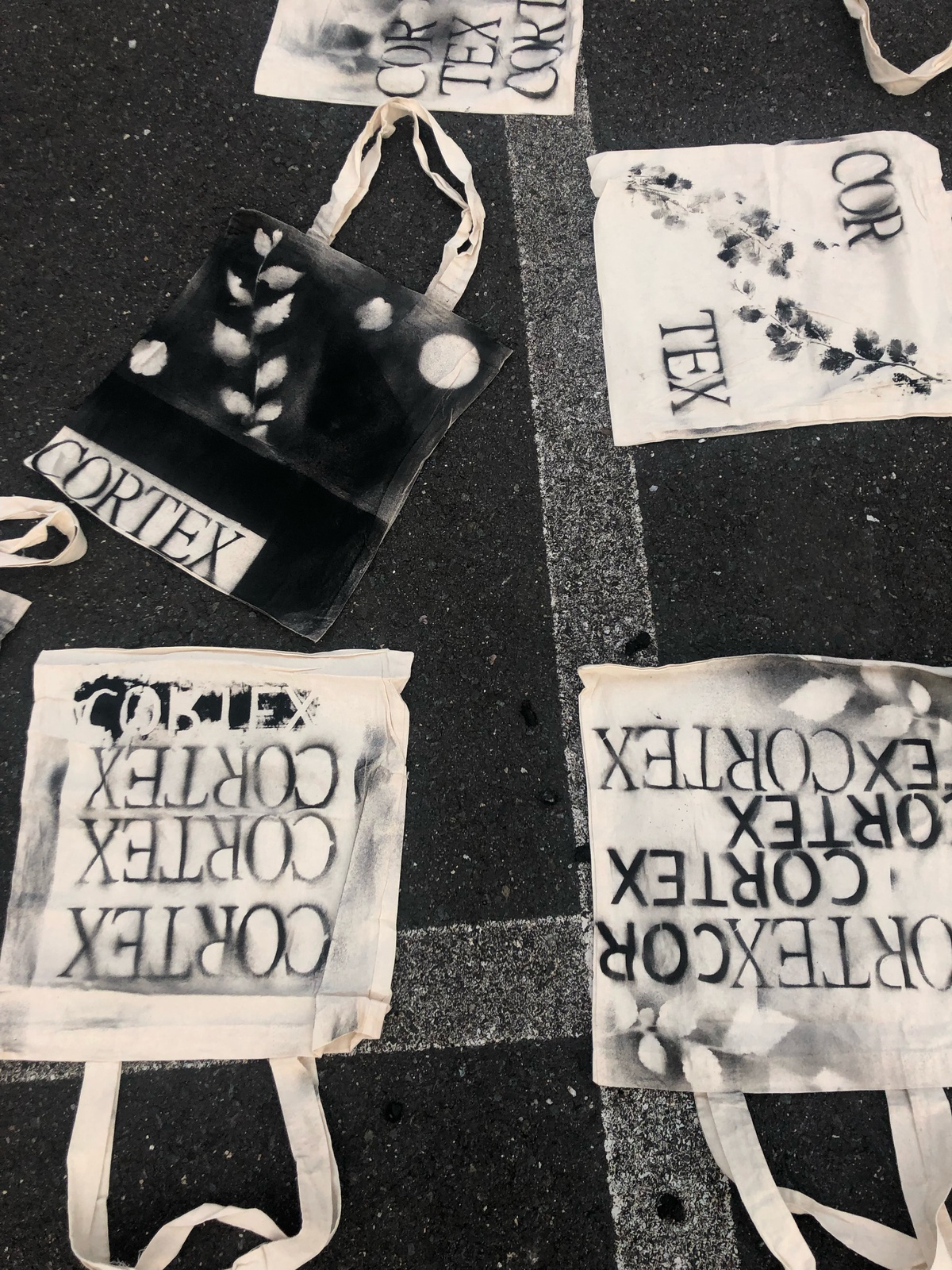New Cortex magazine debuts to bridge science and the arts
Yale’s newest magazine published its first issue in August, focusing on concepts of space and time with scientifically-themed creative writing.

Jordan Davidson, Contributing Photographer
While taking NSCI 160: The Human Brain last semester, Sarah Feng ’25 discovered a passion for finding the connections between the sciences and the arts, taking data from the real world and extrapolating it into fiction.
Not seeing adequate opportunities at Yale to explore her interest, Feng used Trumbull College’s Creative and Performing Arts (CPA) Award to create the Cortex Collective magazine, a non-traditional science and arts publication. This August, the magazine published its first issue, “The Great Reversal.”
“The entirety of Cortex is a big thought experiment,” said Feng, who now serves as Cortex’s editor-in-chief.
Feng’s interest in science fiction began with reading speculative fiction in high school. She cited “The Handmaid’s Tale,” a dystopian novel set in a totalitarian, patriarchal near-future New England, as one of the works that first sparked her interest.
She emphasized how the act of taking real-world phenomena and twisting it into a fictional yet plausible story was “philosophically interesting.” Feng created the Cortex Collective to provide a space at Yale for experimenting with exactly that in a non-traditionally-styled publication.
The first issue of the publication depicts a collection of artifacts and documents from a world with two contrasting planets created by the team: one in light and one in darkness. The works written by the Cortex team delve into philosophical and metaphorical debates while building a world based entirely on exploring scientific principles.
“There’s such a perfect symmetry to science that finds a perfect asymmetry in writing,” Feng said.
The worlds of the sciences and humanities may often seem disparate, but the team of editors at Cortex strive to bridge the gap between the two. Jordan Davidson ’25, Cortex’s lead fiction editor, explains that one cannot exist without the other; science needs to be adequately communicated through the humanities for it to make a difference, while humanities need to be grounded in the real world.
Cortex’s editors hope to create a space at Yale where students passionate about both the humanities and the sciences can come together to explore the many connections between the two, presenting these bonds to others in a creative and non-traditional style.
Feng noted that scientific research and creative writing are not so difficult to link, as they both rely on the journey of problem solving while not knowing the true destination. Taking classes in and understanding both mindsets is critical to being successful in any field, according to Feng.
“If you’re not doing science for people, what are you doing it for?” Davidson asked, in reference to Cortex’s mission of combining STEM and the humanities.
One of the Cortex team’s main goals is to have their publication go beyond the written experience — editors hope to host an art installation performance based on their work this semester.
In the future, Cortex strives to serve as an experimental space for both written and non-written media. With more time to work on their next issue this semester than they had for their first issue last semester, they hope to branch out by continuing to explore a non-traditional publication structure, examining the ideas of time, light and space in their work.
“Our strength lies in our backgrounds,” says Hannah Szabo ’25, Cortex’s lead nonfiction editor. “Most of us double-major across humanities and STEM, and that really feeds into the way we see these systems of knowledge as in dialogue.”
Feng, Davidson and Szabo all described Cortex’s fostering of strong community ties between editors and contributors who explore their various passions. Feng mentioned that one of her favorite parts of her job as editor-in-chief at Cortex is “picking up on connections between members with very different backgrounds” and connecting them.
Cortex is also utilizing works from their last issue and their upcoming issue to apply for prize nominations, including the Best of the Net Prize and the Pushcart Prize: Best of the Small Presses. The publication’s first issue will come out in print and be distributed in different residential college libraries soon. Before that, print copies will be available at their launch party in two weeks.
Their next issue will be based on the theme of fairy tale rewrites, reworking well-known — as well as more niche — stories to delve into their deeper meanings.







